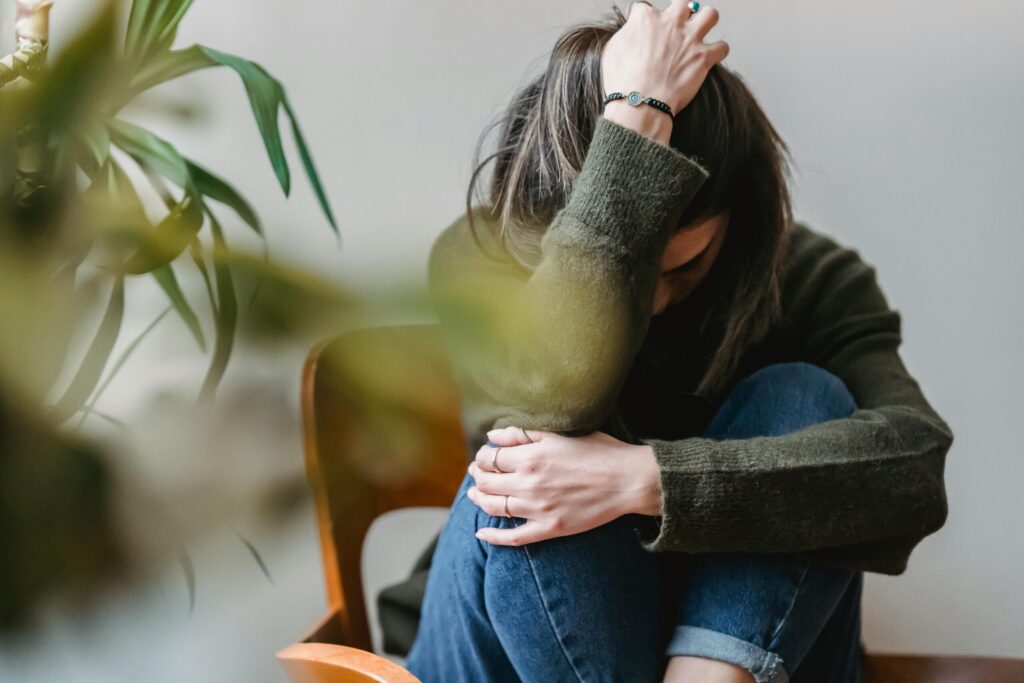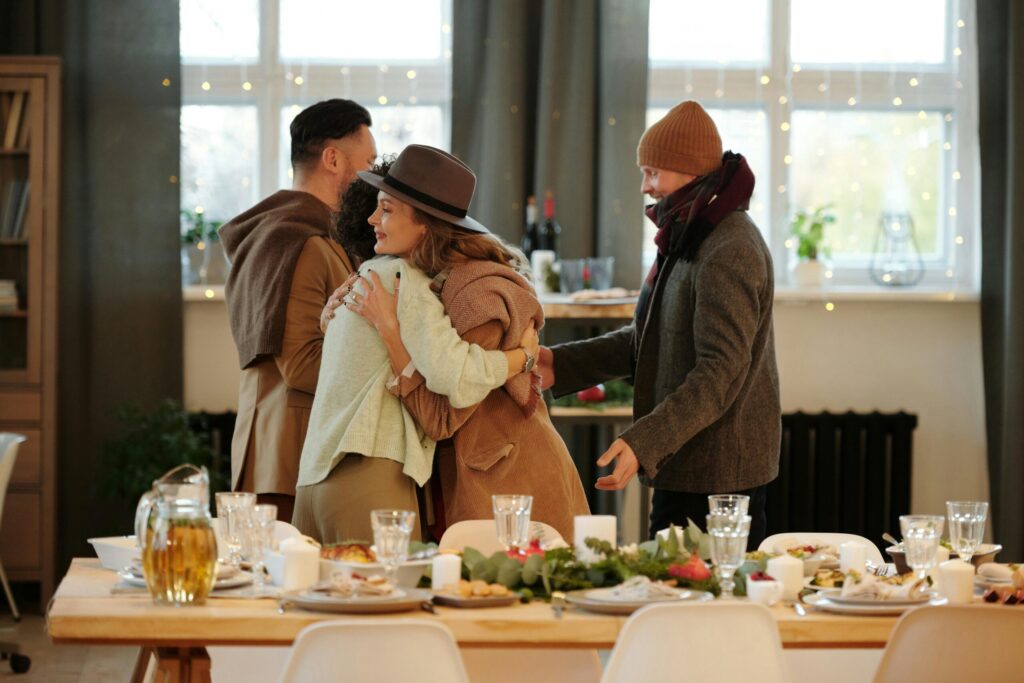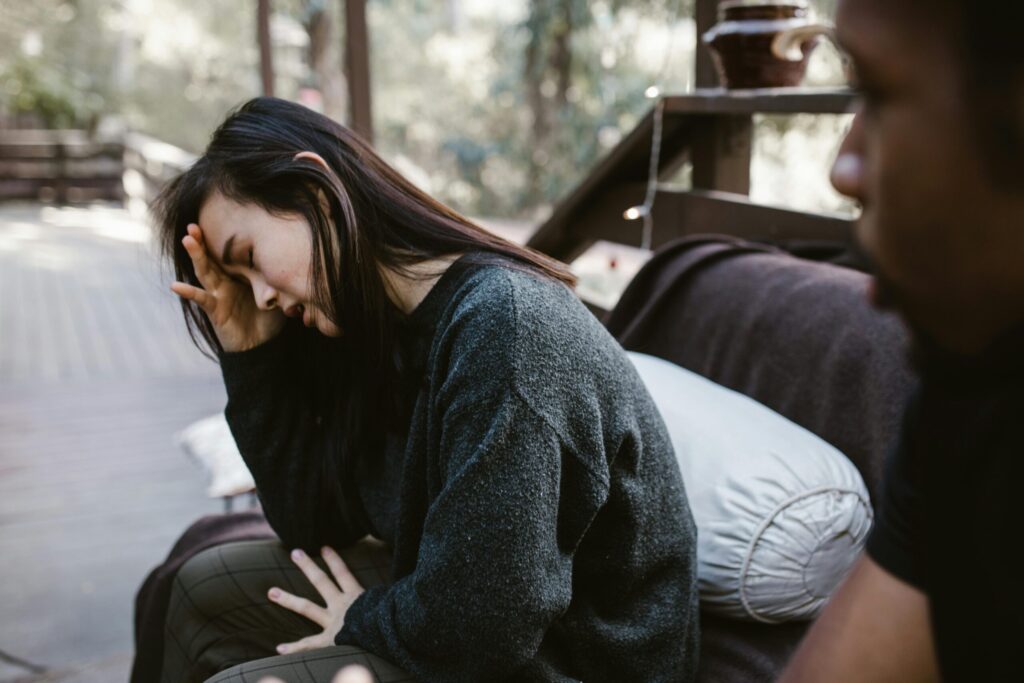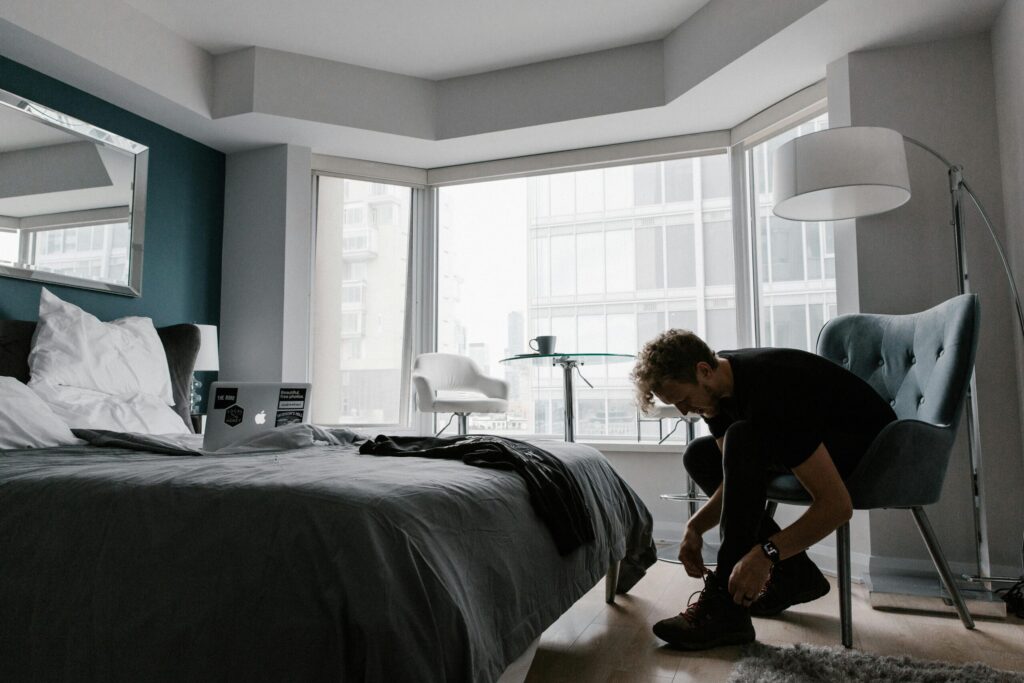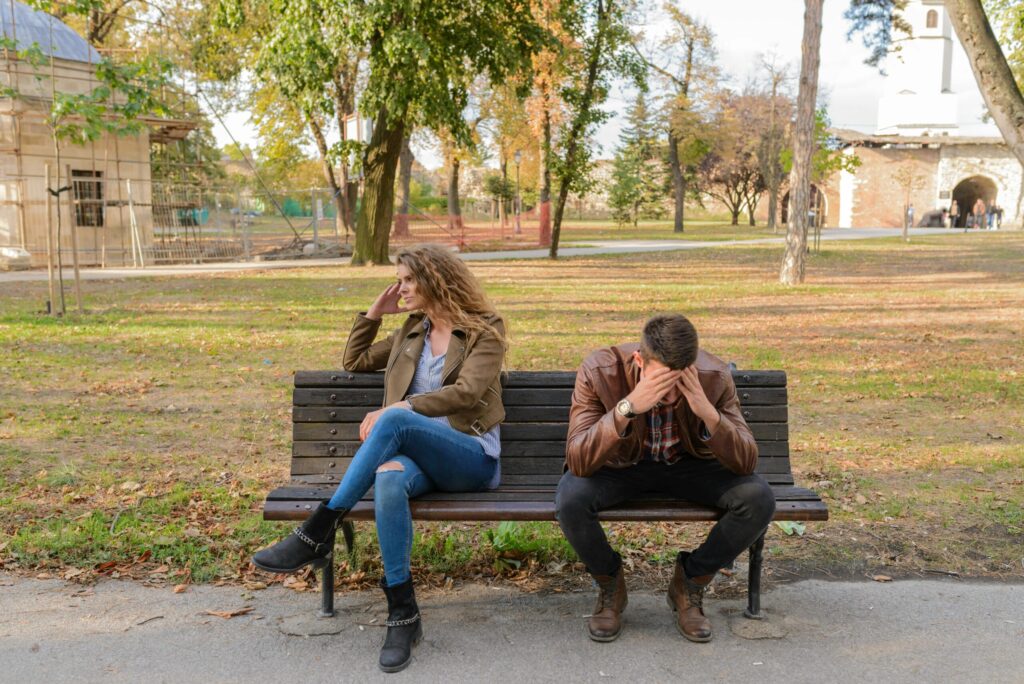
Have you ever walked into a store where no one greets you? You’re browsing quietly, trying to find what you need, but no one looks up. No one says hello. No one asks if you need help. After a while, you start to feel invisible, as if you don’t belong there. Then, you step into another store. The moment you walk in, someone smiles at you and says, “Welcome! Let me know if you need anything.” You haven’t changed; you’re still the same person. Yet, suddenly, you feel seen, valued, and appreciated. That’s the power of environment. Sometimes, it isn’t you, it’s the room you’re in.
The Power of Changing Rooms
For many people, changing rooms can transform their entire experience. Rooms aren’t just physical places, but the people we allow to occupy spaces in our personal and professional lives. Everyone has weaknesses, but when was the last time someone recognized your strengths? When was the last time someone expressed appreciation for what you did? Instead of questioning who we are, maybe it’s time we start questioning the environments we’re in. If we aren’t being seen, valued, or appreciated, it might be time to leave the room.
Step Into the Right Rooms
Stop staying in rooms that don’t see, appreciate, or value you. Go where the sun shines. Just like a plant needs sunlight to grow, we thrive in environments where people support us. We need spaces where who we are is enough, where we don’t hide our weaknesses out of fear of judgment or downplay our strengths to avoid making others uncomfortable. In the right space, others aren’t afraid to let us shine because they recognize that our light makes the room brighter.
Evaluate Your Spaces
Take a moment to evaluate the spaces in your personal and professional life. Notice where you feel drained, invisible, or unappreciated. Those feelings aren’t a reflection of your worth; they’re signals that the environment isn’t right for you. You have the power to step away from those spaces and seek places that support you. When you’re in the right rooms, you’ll notice a change not just in how others treat you, but in how you see yourself. Sometimes it’s not you, it’s the room you’re in.

